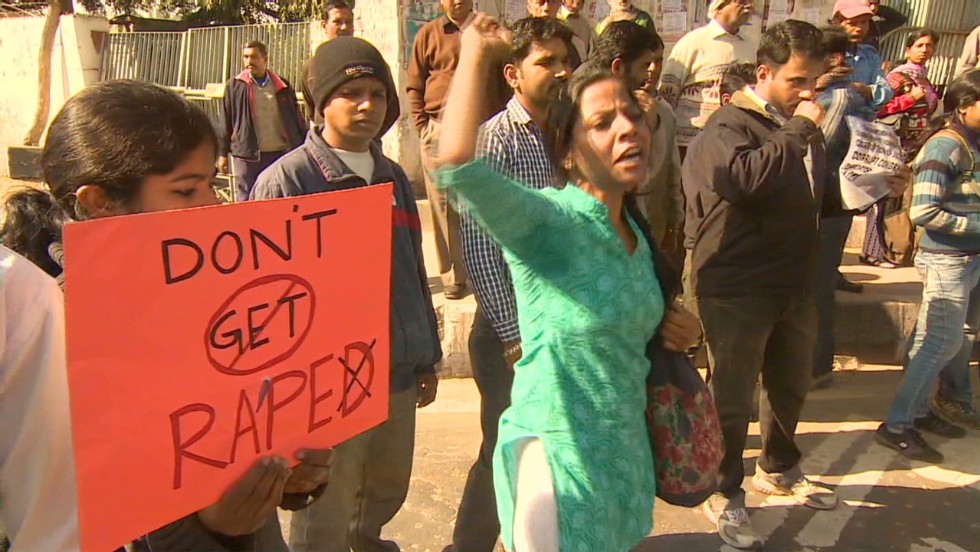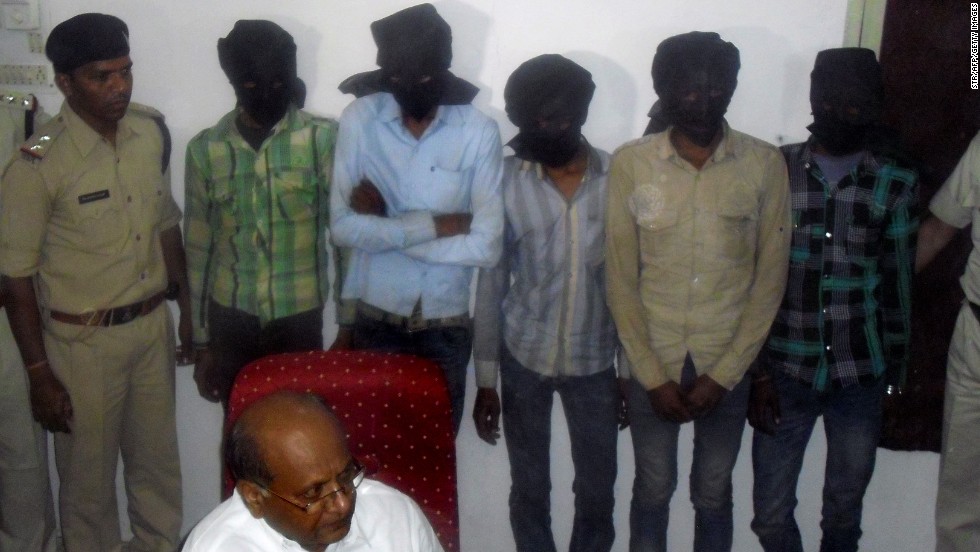India: Tourist Rape Cases Spark Outrage & Investigation
Is the allure of travel being overshadowed by the grim realities of sexual violence? Recent reports of tourist assaults in India and other locations paint a disturbing picture, raising serious questions about safety and the responsibility of both individuals and authorities.
The incidents, as reported, detail a grim series of events. A British tourist, having arrived in India on March 7th, allegedly experienced a horrific ordeal. Having befriended a man on Instagram, she was reportedly raped, and then further victimized by a hotel worker as she sought escape. The Delhi police have arrested the main accused, identified as Kailash, while another individual, Wasim, faces charges of molestation. The woman, who resides in London with her family, further alleged that she was molested in a hotel lift. These are not isolated events. Similar cases, like the alleged gang rape of a Spanish tourist in Dumka, Jharkhand, India, on March 4th, highlight a concerning trend. The repercussions of such acts extend beyond the immediate victims, as the nation grapples with the shadow of sexual violence, igniting outrage and demands for justice.
The narrative is further complicated by details emerging from other cases. In Digha, another tourist was reportedly raped and her male companion assaulted by a gang of three. These incidents are not only deeply traumatic but also fuel a climate of fear and anxiety among travelers. The cases underscore the vulnerability of tourists, particularly women, in environments where they may be unfamiliar with local customs, languages, or safety protocols. The rise of social media platforms, while connecting people across borders, has also created avenues for predatory behavior. This disturbing trend demands careful scrutiny and a multi-faceted approach to ensure the safety and well-being of travelers.
To help provide a better understanding of these incidents, a brief summary of the alleged perpetrators and the reported incidents is presented below. Due to the sensitive nature of the information and ongoing investigations, specific identifying details of victims are withheld.
| Suspect | Alleged Role | Location of Incident | Date of Incident (Approximate) | Status |
|---|---|---|---|---|
| Kailash | Main Accused (Rape) | Delhi, India (Hotel) | Between March 7th and Incident Date | Arrested |
| Wasim | Accused (Molestation) | Delhi, India (Hotel) | Between March 7th and Incident Date | Charged |
| Unnamed (Gang) | Accused (Gang Rape) | Dumka, Jharkhand, India | March 1st | Arrested (Three Men) |
| Unnamed (Gang of Three) | Accused (Rape & Assault) | Digha, India | Saturday (Date Not Specified) | Two Suspects Arrested (Status of Third Unknown) |
Further investigation is required to fully ascertain the facts in these matters. The cases are ongoing, and the information above is based on preliminary reports. For more detailed information on legal procedures or victim support resources, consult the following websites:
NDTV - British Tourist Allegedly Raped in Delhi
The alleged incidents are more than just individual tragedies. They are a stark reminder of the prevalence of sexual violence and the need for comprehensive action. It is important to consider the underlying causes and broader implications.
Conversations surrounding rape and sexual violence gained significant momentum in India following the heinous 2012 Delhi gang rape and murder of a young woman on a bus. This pivotal event sparked massive protests, forcing changes to the country's legal and social landscape. The fight for women's safety and justice has continued. This has brought to light the systemic issues and the urgent need for reform. The recent events also triggered widespread outrage, calling for swift action and enhanced safety measures to protect vulnerable travelers.
The incidents have raised troubling questions about the safety of tourists, particularly women, in India. While the cases in Delhi and Dumka involved alleged sexual assaults, the broader issue encompasses various types of crimes, from harassment to violent attacks. The reported rise in these cases underscores the need for enhanced security measures in tourist areas. Moreover, it emphasizes the significance of providing adequate support for victims.
The vulnerability of tourists in unfamiliar surroundings is also a serious concern. When visiting foreign countries, tourists are often unfamiliar with local customs, languages, and legal systems, making them potential targets. Increased awareness campaigns are crucial for empowering travelers. This also includes educating them about the risks they may face. Practical advice includes tips on staying safe, how to avoid dangerous situations, and knowing how to report crimes. These actions are essential to help prevent future incidents and protect those visiting from abroad.
Social media plays a dual role in this context. While these platforms connect people from different corners of the world, they can also be exploited by predators. The practice of meeting strangers online and subsequently meeting them in person can be risky, increasing the chances of facing a potential threat. Vigilance in online interactions and exercising caution when meeting individuals encountered through social media is paramount. This involves verifying identities, avoiding private meetings, and reporting any suspicious behavior.
The response to these incidents has been varied. The authorities have responded, arrests have been made, and legal proceedings are underway. The importance of providing mental health support and medical care to victims of sexual assault cannot be overstated. This includes access to trauma counseling and other support services, as well as creating safe spaces where victims can report incidents without fear of judgment. Additionally, support to victims and their families has become an imperative. This is vital for their healing and recovery process.
The media has a vital role to play by reporting on the issue accurately. This will help raise awareness about the incidents, the challenges, and the available resources. Sensationalizing crimes can be counterproductive, causing distress to victims and the public. Instead, media outlets must prioritize factual reporting, focusing on the circumstances of the incidents and the steps being taken to address them.
The incident involving the Spanish tourist on a motorbike trip highlights the pervasiveness of sexual violence. Similarly, the incident in Digha emphasizes that no place is necessarily safe. The events show that incidents can take place despite initial offers of help, which indicates an intricate nature of the criminal behavior. The vulnerability of tourists in such situations calls for a stronger response and a more thorough consideration of safety.
The recent occurrences add urgency to the existing discussions on consent, gender equality, and sexual violence in India. The problem is a reminder that gender-based violence is an ongoing issue, and the efforts to address it must continue. The events show that safety requires a combined effort from individuals, communities, and governmental bodies to protect individuals.
In light of the recent events, it is crucial to understand the scope of the problem. While specific details are still emerging in certain cases, the reports suggest a disturbing pattern. A woman was allegedly raped in Delhi by an individual she had met on social media. Also, a Spanish tourist on a motorbike trip was subjected to a violent crime. These incidents are not isolated; they reflect a broader trend that demands urgent attention and action.
The safety of tourists is of the utmost importance to the nation. The negative implications of violent crimes may extend beyond the immediate impact on the victims. These events can harm the tourism industry and impact the overall reputation of a country. This can lead to a reduction in international travel and investments. The nation should prioritize the safety and security of its visitors to maintain a welcoming environment and protect its tourism sector. Providing a safe environment must be a central goal.
In addition to legal and law enforcement responses, community involvement and education are crucial elements in addressing sexual violence. This involves raising awareness about sexual harassment, consent, and bystander intervention. Implementing these measures fosters a culture that discourages violence. Moreover, these steps are essential in preventing future incidents. Community involvement and education can help break the cycle of violence.
The stories from India are a grim reminder of the dangers. It is a wake-up call about the need for awareness. This also demands immediate safety for travelers. The incident reminds us of the vulnerability of people who are traveling. These include women who may face a lot of threat of violence.
The recent incidents should prompt a thorough re-evaluation of safety protocols and measures in place. The authorities, tourism operators, and communities need to work together to create safer environments for travelers. This includes increasing security in tourist areas, improving lighting, and establishing clear reporting mechanisms for incidents of sexual assault. Enhanced safety protocols and measures will help protect the vulnerable.
Victims deserve support and compassion, and their needs must be the top priority. This includes providing access to mental health services, medical care, and legal assistance. The goal must be to help victims heal and recover from these traumatic experiences. Support for victims should be widely available and easily accessible.
The media plays an important role in influencing public opinion and bringing change in this scenario. Careful reporting, focusing on factual accuracy, and avoiding sensationalism are vital. It also means ensuring that victims are not further harmed by media coverage. The media should avoid the risk of causing further emotional distress or discouraging other potential victims from speaking out. The role of the media must be responsible and in the public interest.
In conclusion, the recent incidents involving tourists in India serve as a stark reminder of the risks and challenges that travelers face. These incidents should be a catalyst for change. This also demands a commitment to enhancing safety, providing support for victims, and addressing the underlying causes of sexual violence. A safer environment for all must be the main priority.

5 Convicted in Rape of Tourist in India Video NYTimes

Suspects in India tourist gang rape case appear in court CNN

Suspects in India tourist gang rape case appear in court CNN